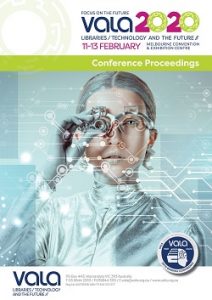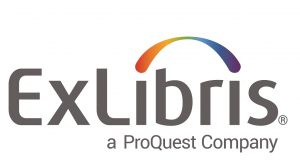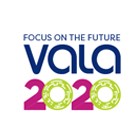Opening the EZproxy Logs: how are patrons accessing electronic resources?
This session is sponsored by Ex Libris
VALA2020 CONCURRENT SESSION 5
Tuesday 11 February 2020, 3:20 – 3:50
A.F. Tyson
- Subject Librarian
- University of Canterbury
Please tag your comments, tweets, and blog posts about this session: #vala2020 #s10
Read the paper, view the video of the presentation on the VALAView channel and view the presentation slides here:
Abstract
This study demonstrates how libraries can quantify resource usage to gain insight into patrons’ resource discovery behaviour. EZproxy server logs were analysed to understand which resource discovery tools library patrons were using to access electronic resources, and investigate whether there were any disciplinary differences in choice of resource discovery tool. The library’s web-scale discovery tool, Summon, was the most commonly-used resource discovery tool, but significant differences in resource discovery tool usage were found between humanities/social science disciplines and STEM/Business disciplines.
This work is licensed under a Creative Commons Attribution-NonCommercial License.







 Abstract
Abstract